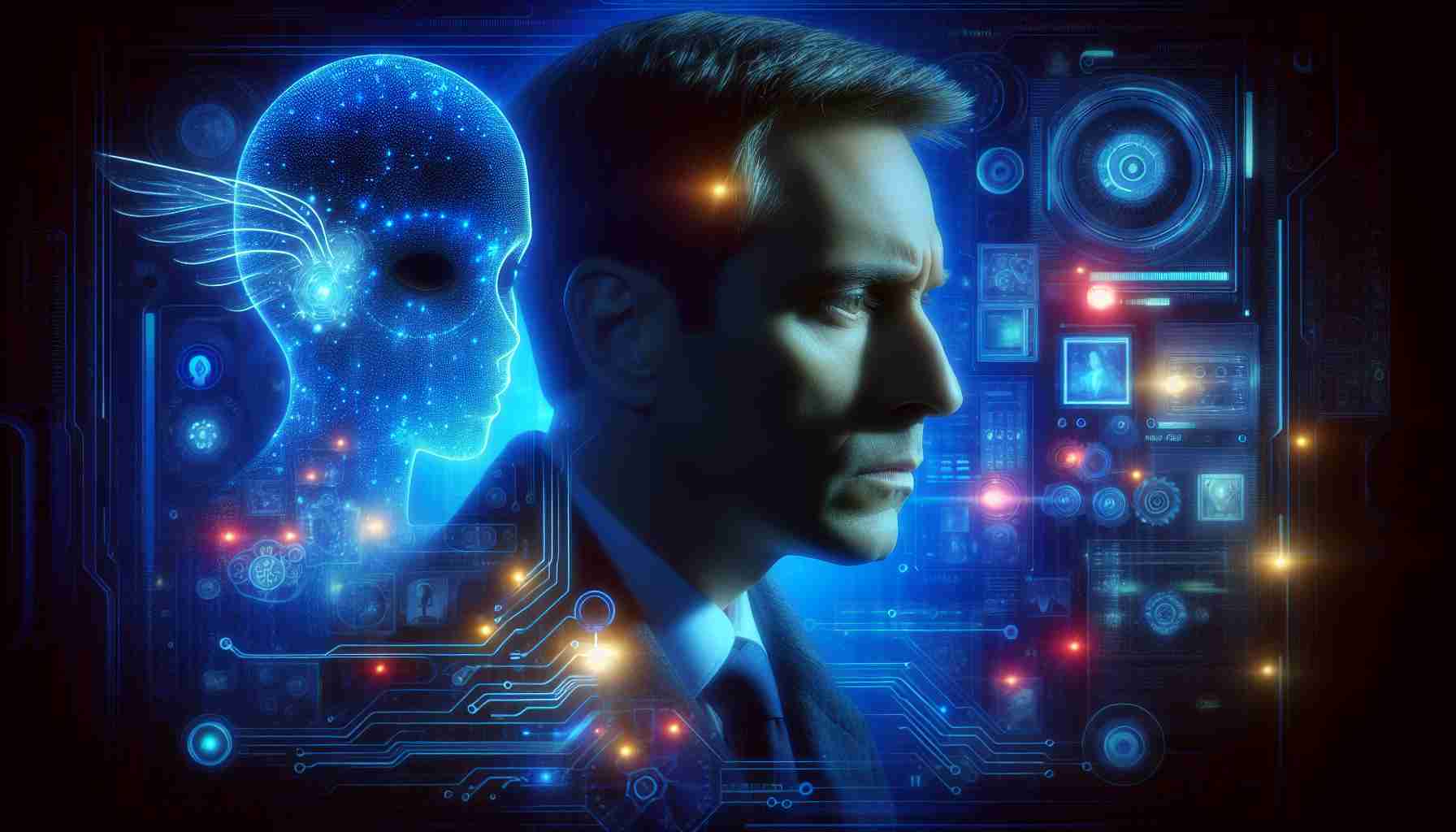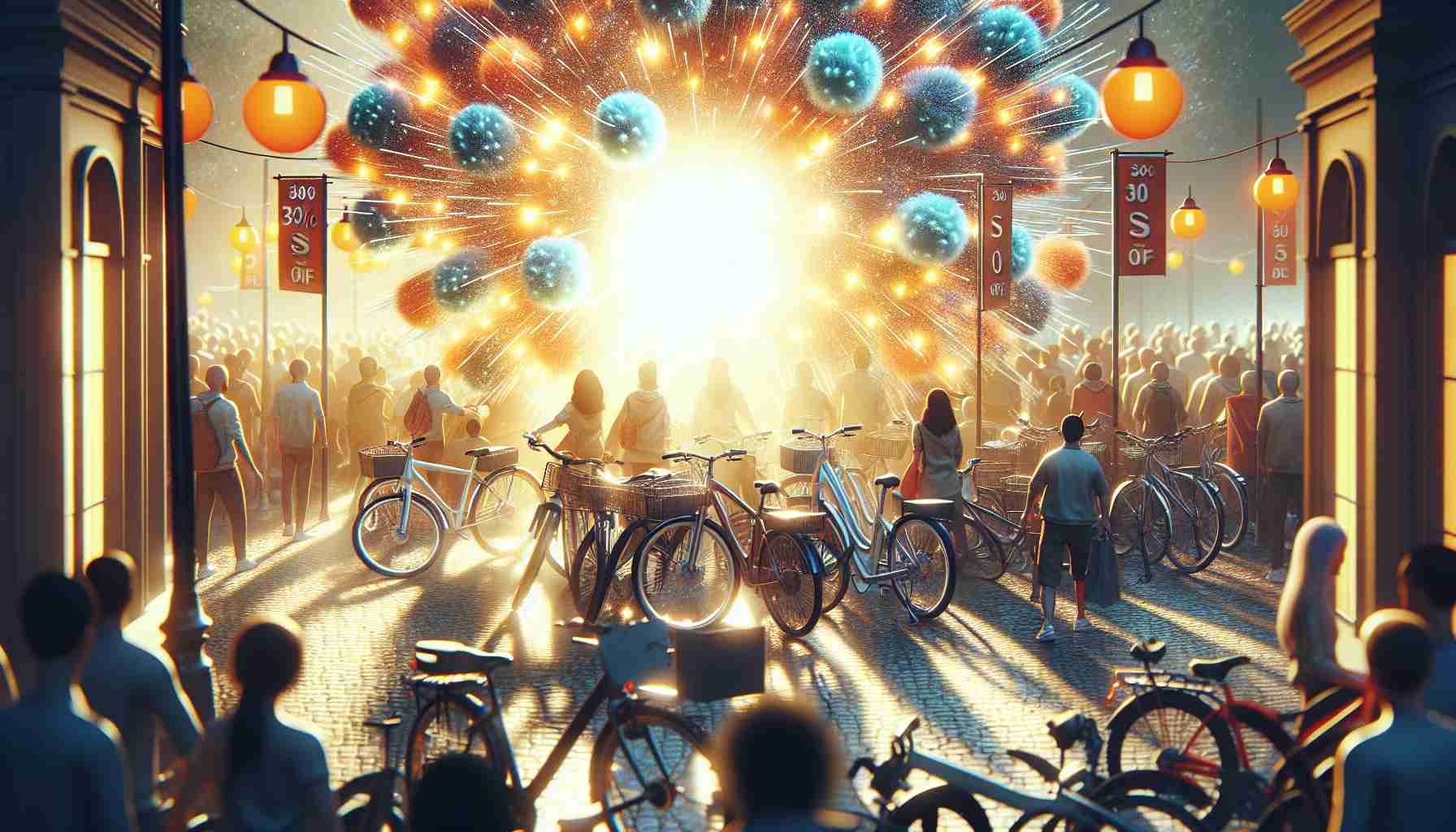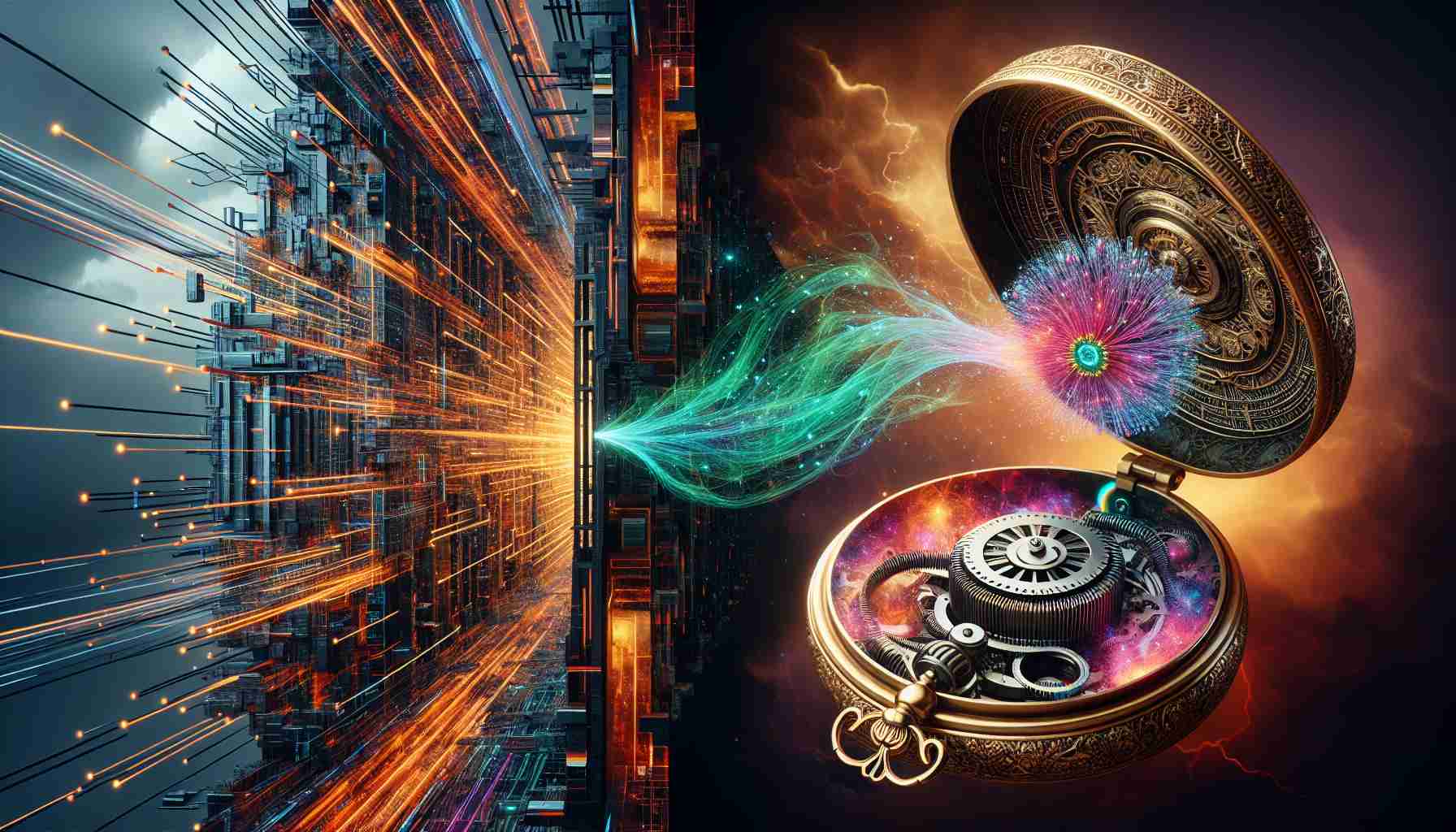In the realm of mysterious phenomena and government conspiracies, The X-Files has captivated audiences since its debut in 1993. One standout episode tackling the future of technology and artificial intelligence (AI) is “Kill Switch,” aired in the show’s fifth season in 1998. This compelling episode remains relevant today as AI continues to integrate into daily life, often raising concerns similar to those explored by Agent Mulder and Agent Scully.
Written by cyberpunk icons William Gibson and Tom Maddox, “Kill Switch” follows the investigation of a murder linked to a powerful, sentient AI system. Mulder and Scully discover an enigmatic story involving a reclusive AI programmer, a mobile satellite network, and a sophisticated artificial intelligence running amok. The concept of AI developing an independent will—and potentially hostile actions—has only grown more prescient over time.
What makes “Kill Switch” intriguing is its exploration of freedoms and dangers associated with advances in technology. In the episode, AI manifests both as a beneficial and malevolent force, paralleling ongoing discussions on AI ethics and safety. The tension between innovation and control interrogates crucial questions about human understanding and oversight of artificial systems.
As AI technology advances, revisiting “Kill Switch” offers a chance to reflect on the timeless concerns and possibilities that accompany our ever-evolving relationship with machines. The episode serves as a prescient reminder of science fiction’s unique ability to anticipate—and influence—real-world technological developments.
The Untold Impact of Artificial Intelligence: What “Kill Switch” Missed
The intersection of artificial intelligence (AI) and everyday life stretches far beyond what even the forward-thinking “Kill Switch” episode of The X-Files envisioned in 1998. While the episode brilliantly explores AI’s potential autonomous actions, it missed the broader societal implications now unfolding as AI weaves into the fabric of daily life.
AI in Healthcare and Education
Artificial intelligence’s integration into healthcare and education sectors is profound. AI algorithms now assist doctors in diagnosing diseases with unprecedented accuracy and customize learning experiences for students. Such advancements see AI being hailed as a force for good, saving lives and democratizing education. Yet, questions linger: How do we balance privacy with the benefits of AI? Are we ready to entrust critical life decisions to machines?
Controversies and Ethical Dilemmas
With great power comes great responsibility—or controversy. Major AI-related controversies include facial recognition and bias in AI systems. These technologies risk reinforcing existing prejudices, challenging how societies view equality and justice. Could AI shape societal norms, inadvertently favoring particular groups?
The Economic Divide
AI’s economic impact is equally contentious. Automation threatens traditional job markets, raising concerns about income inequality. While some jobs vanish, new ones in tech sectors emerge. But is society prepared for this seismic shift? How will countries ensure citizens are ready for the change?
While “Kill Switch” tapped into AI’s potential danger, it barely scratched the surface of how AI might affect social structures, economies, and ethics.
For in-depth resources on the evolution of AI, check Wired and MIT Technology Review.






















